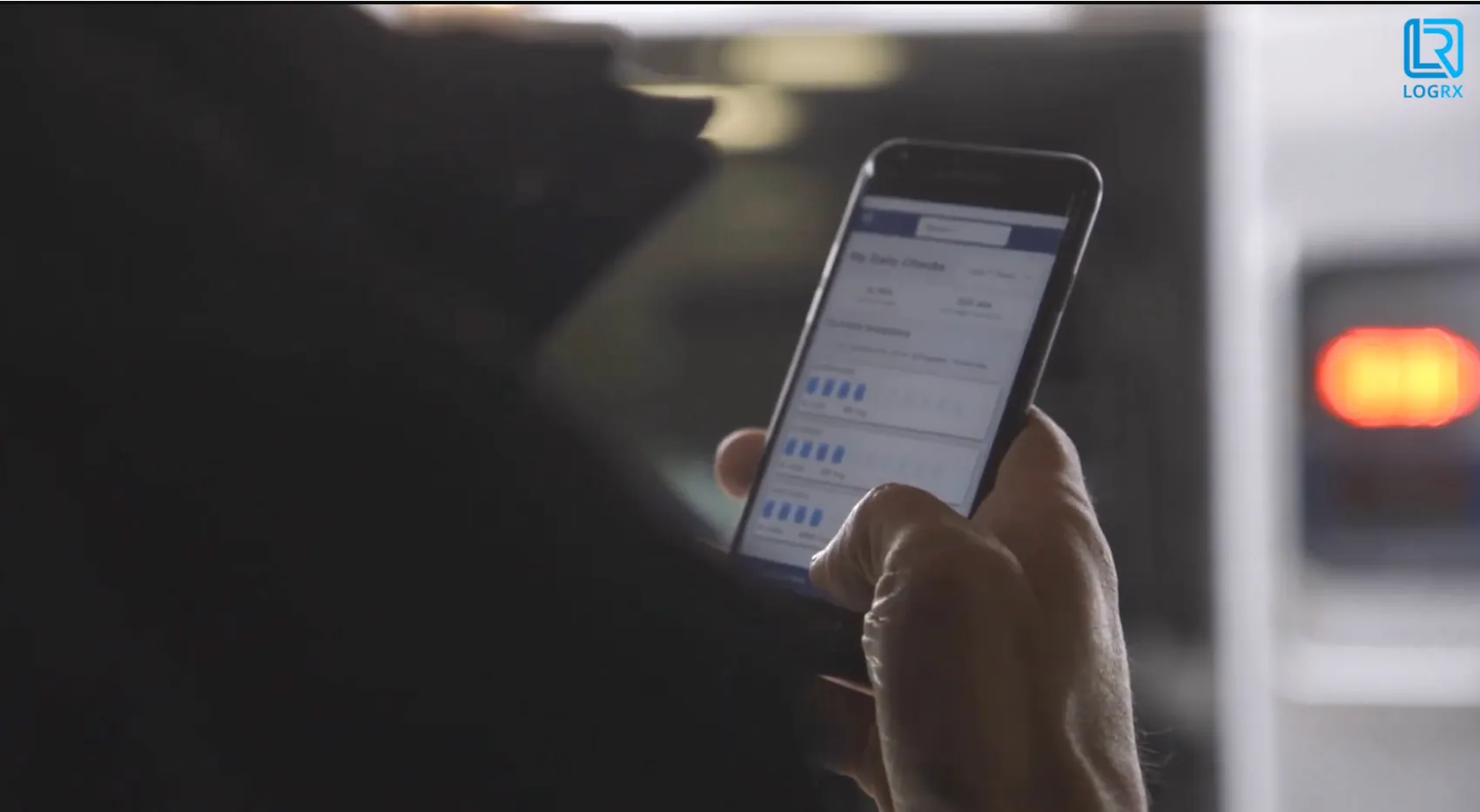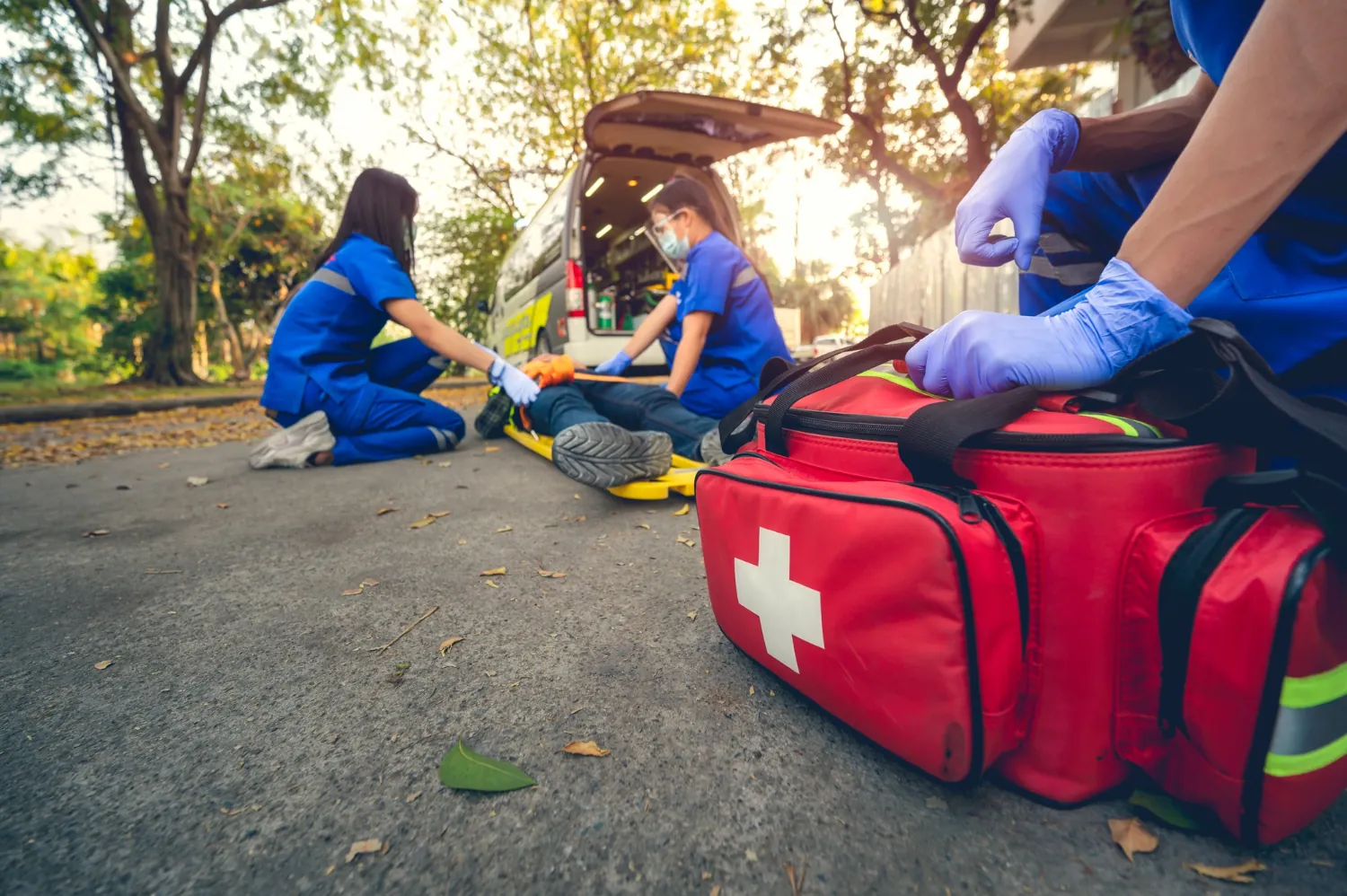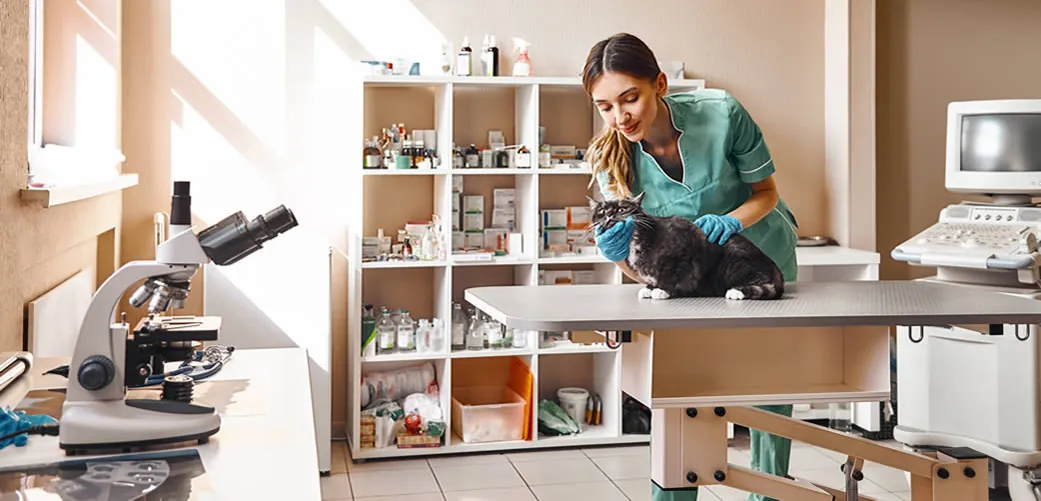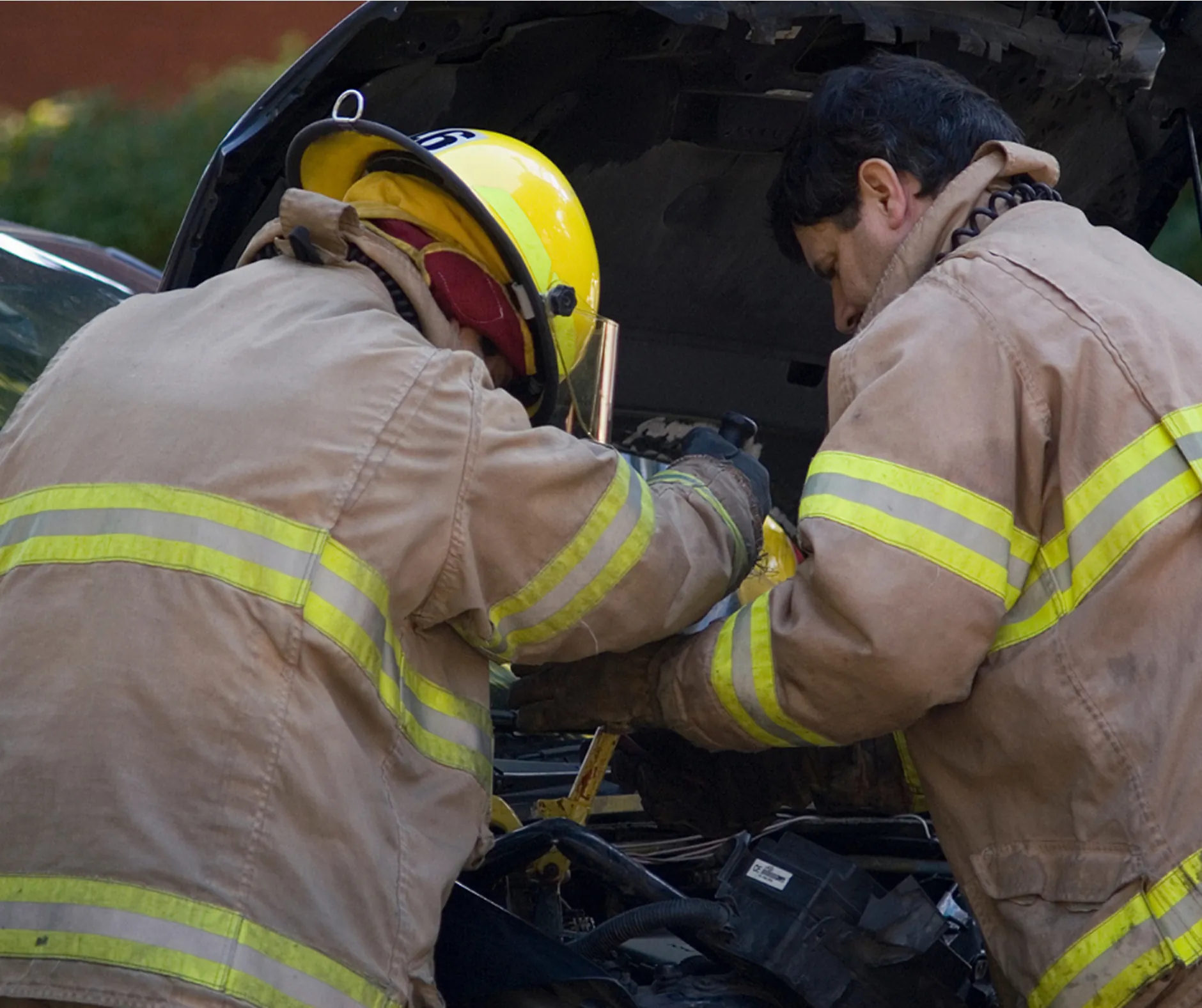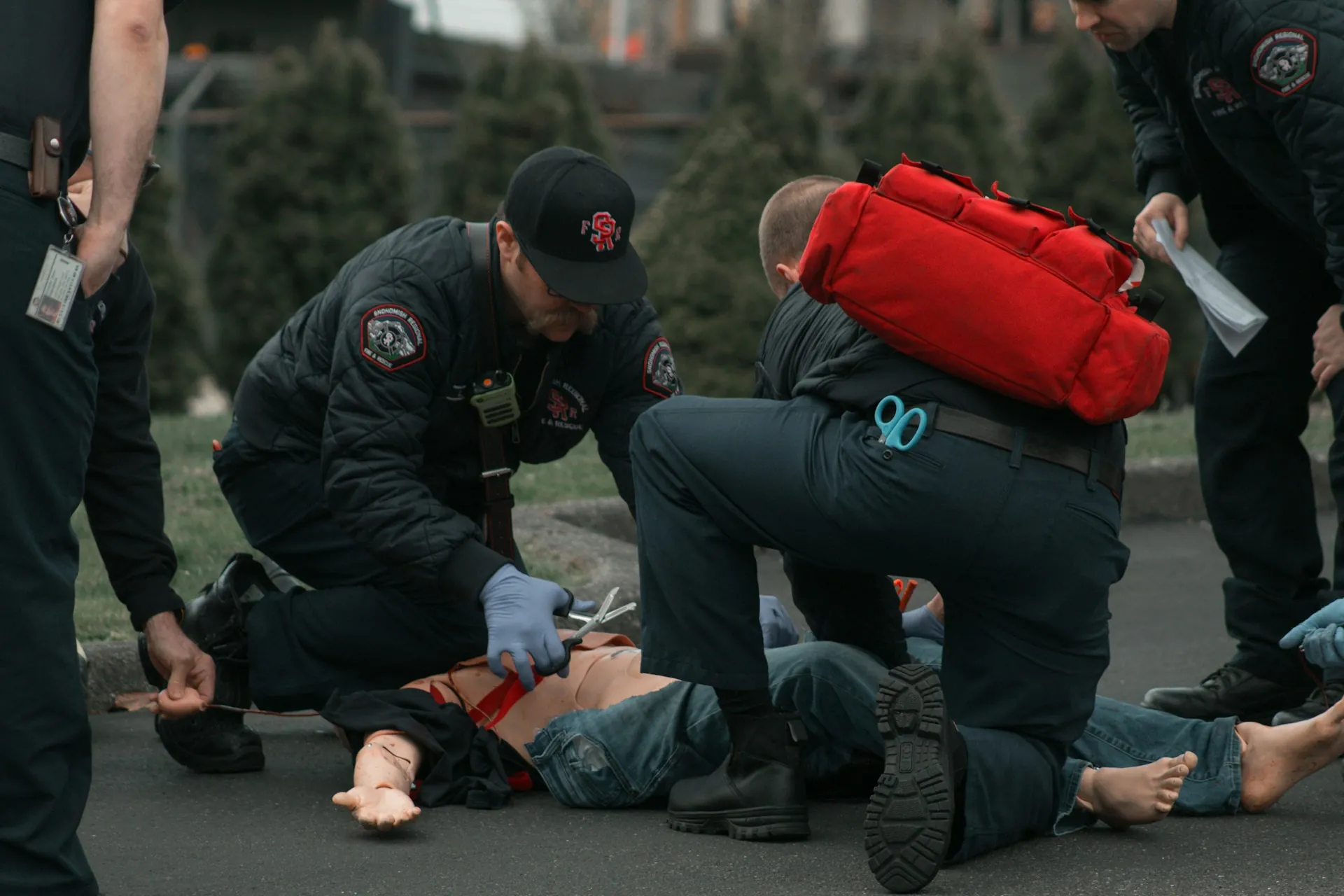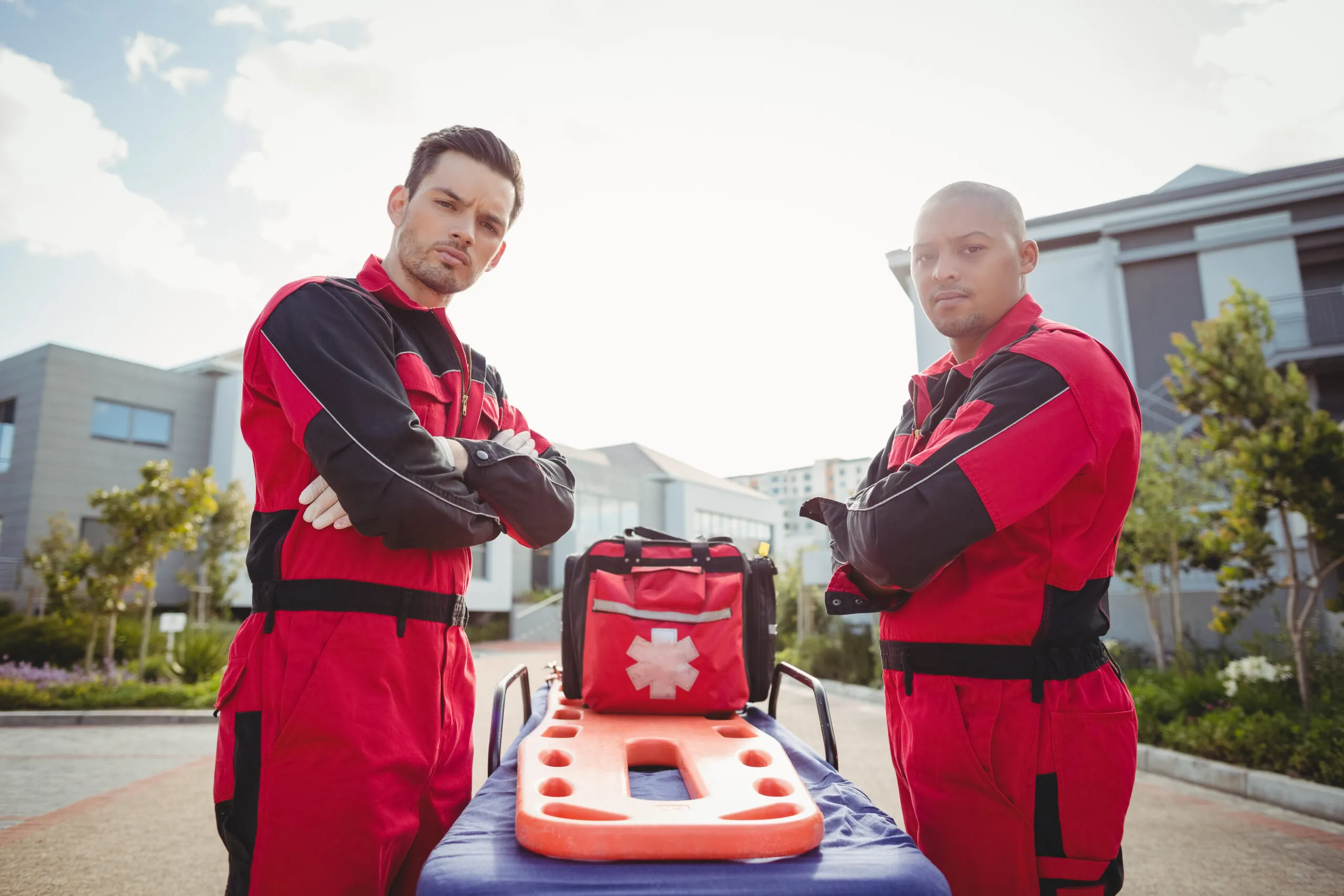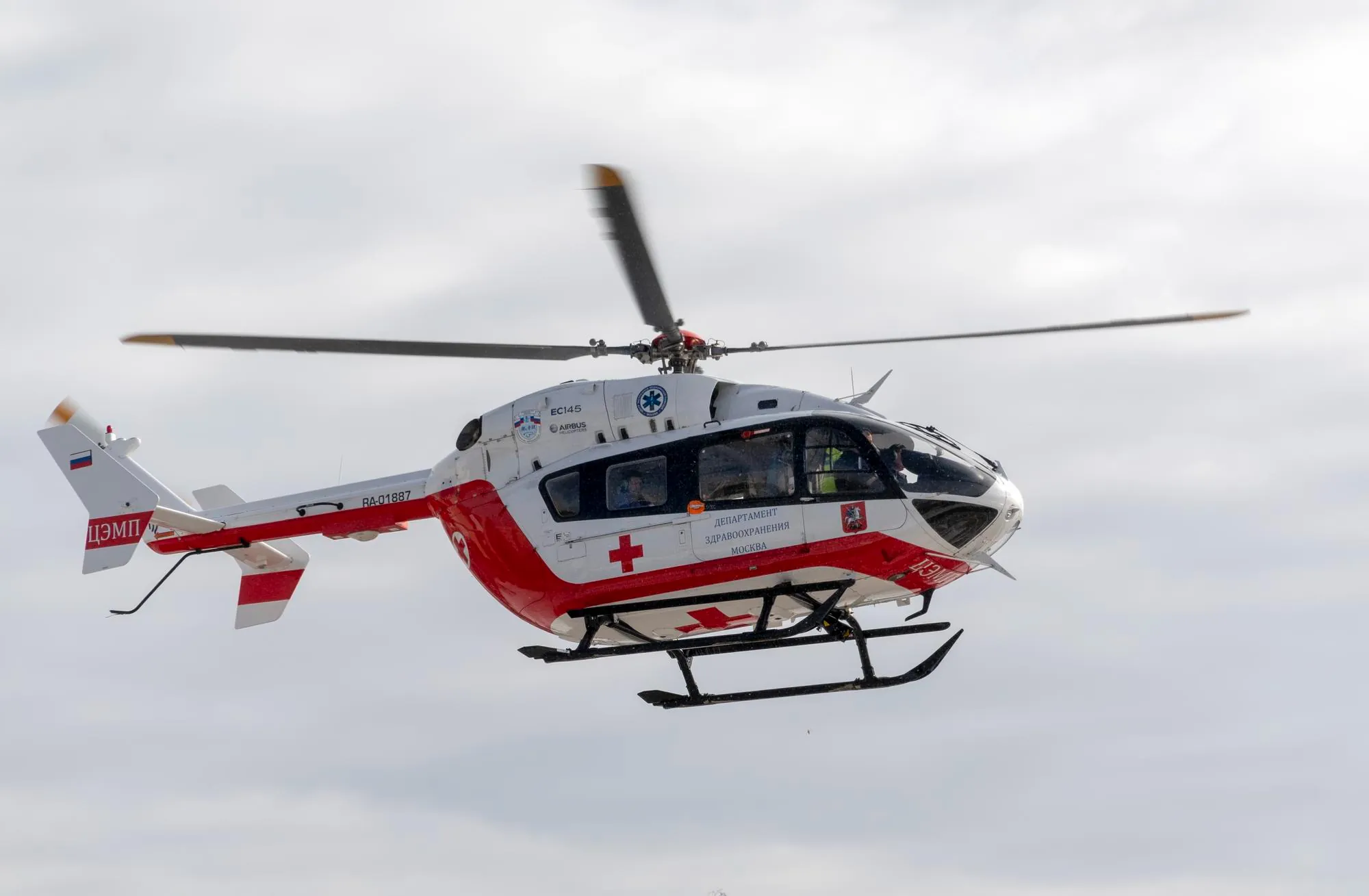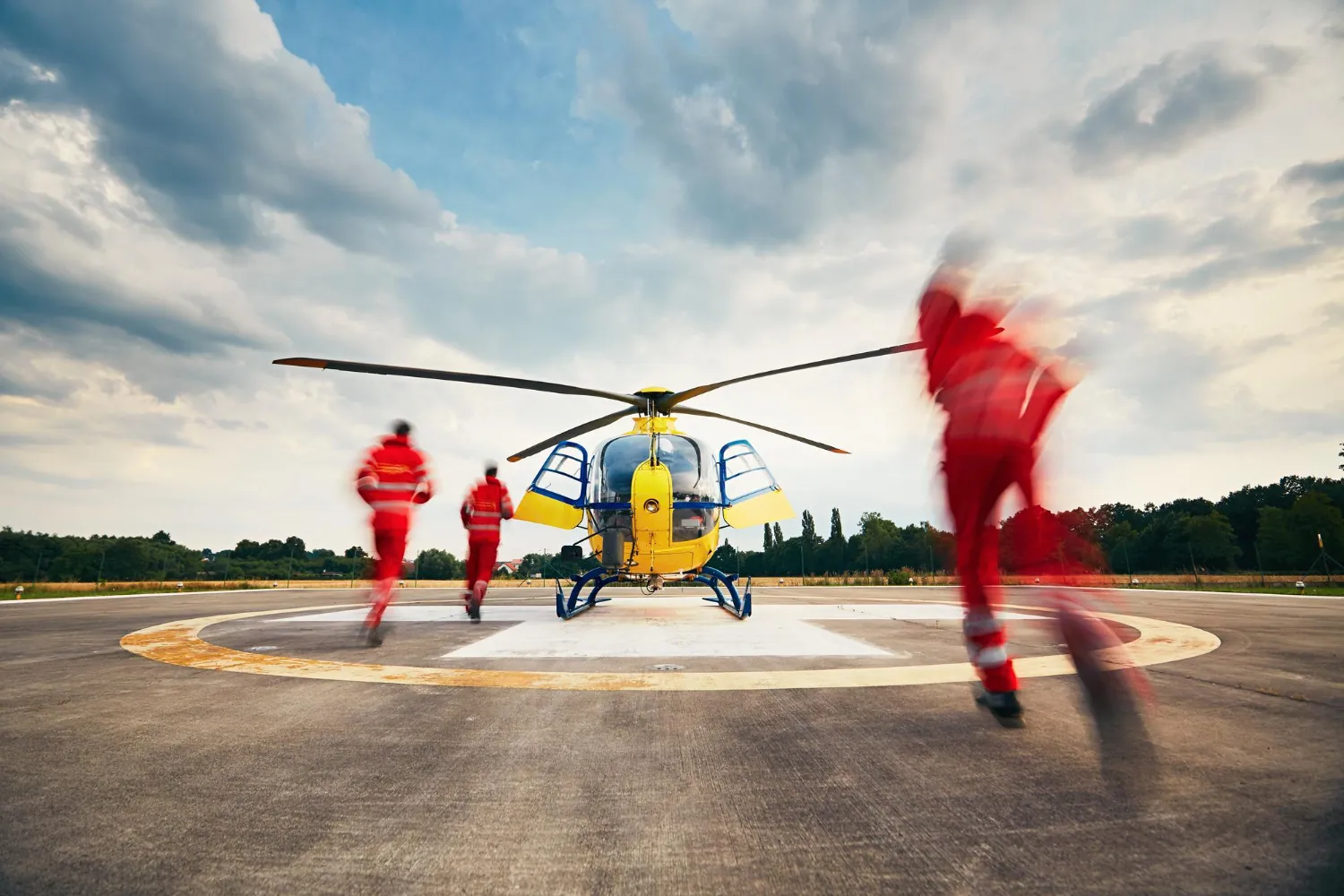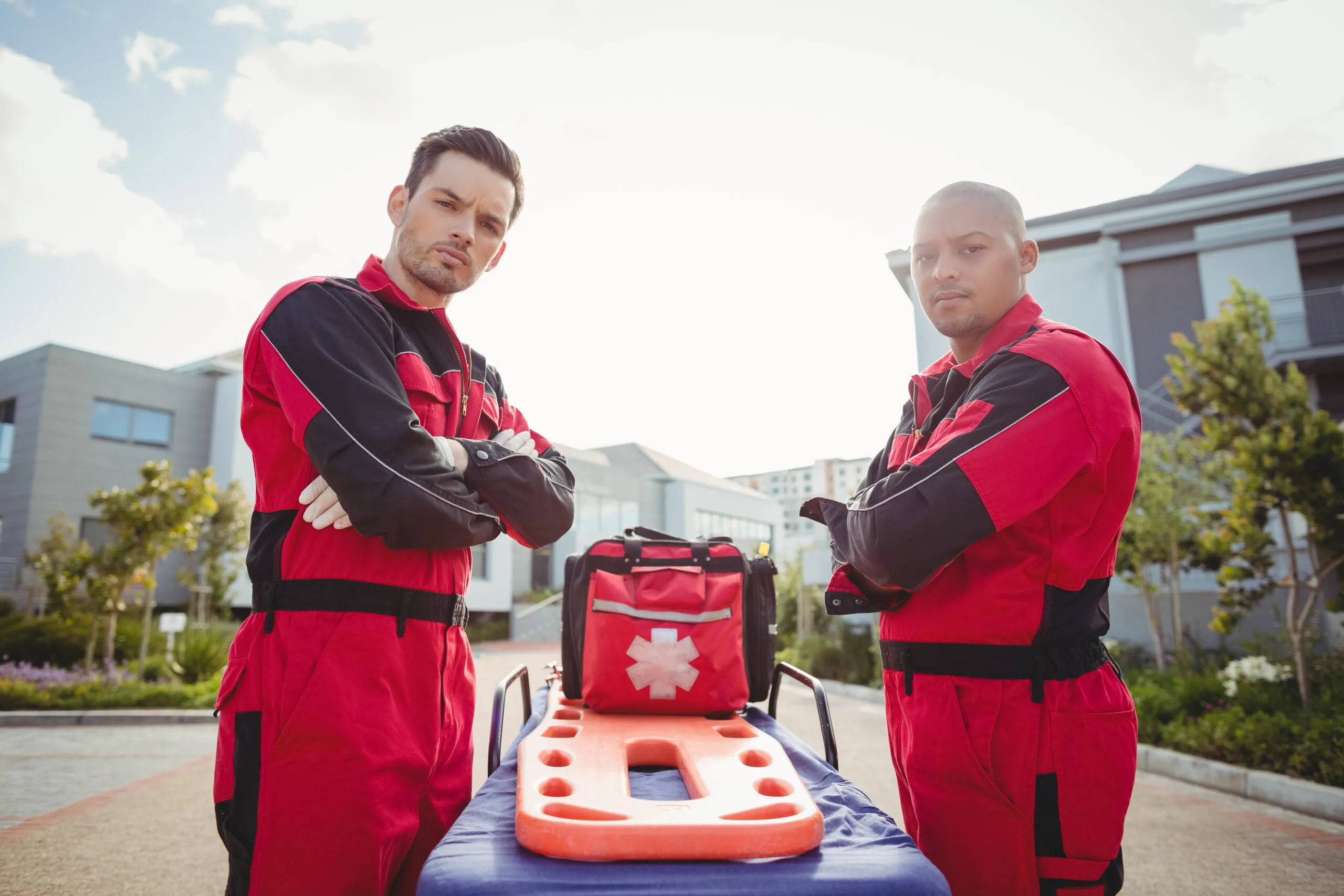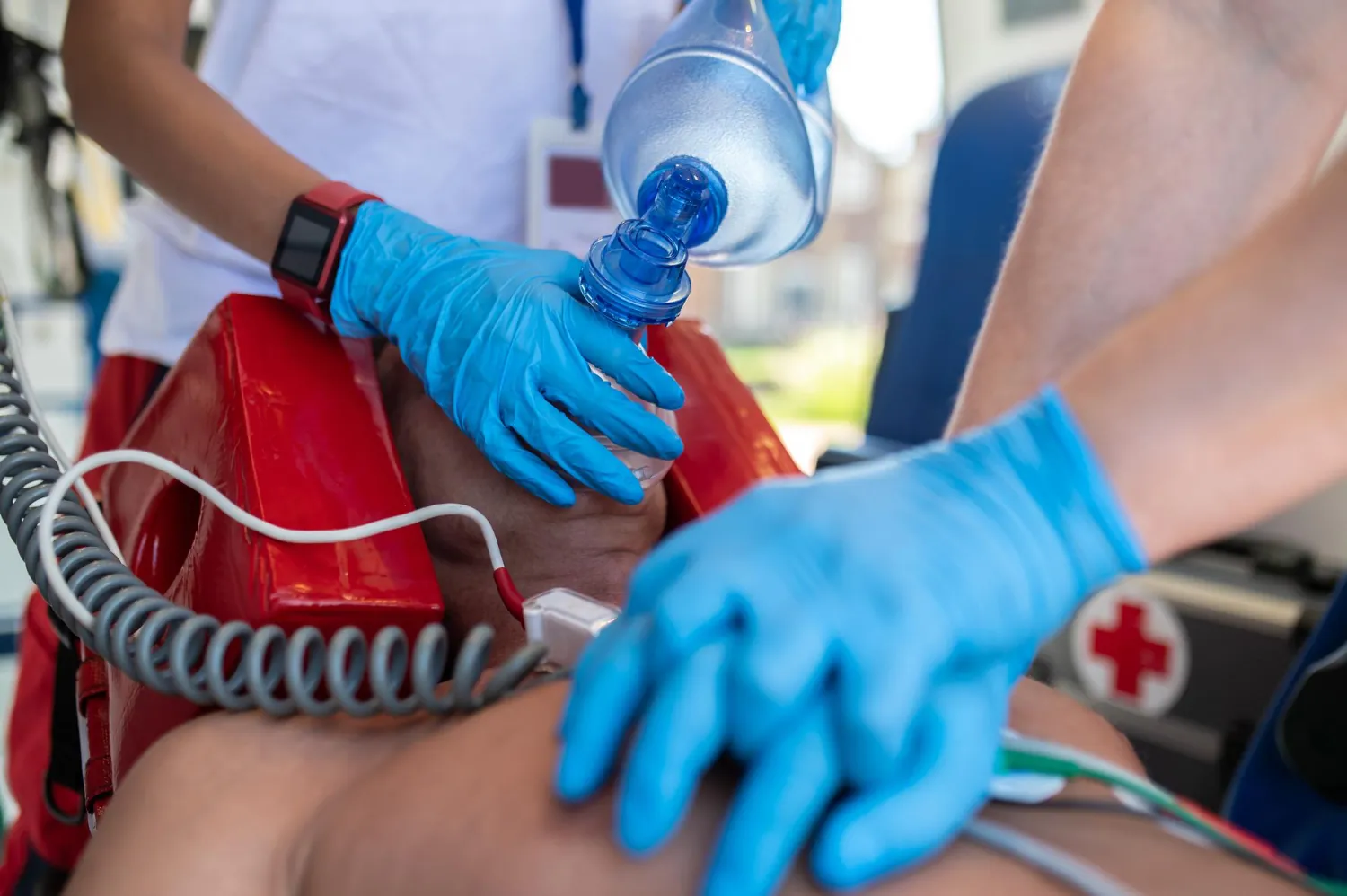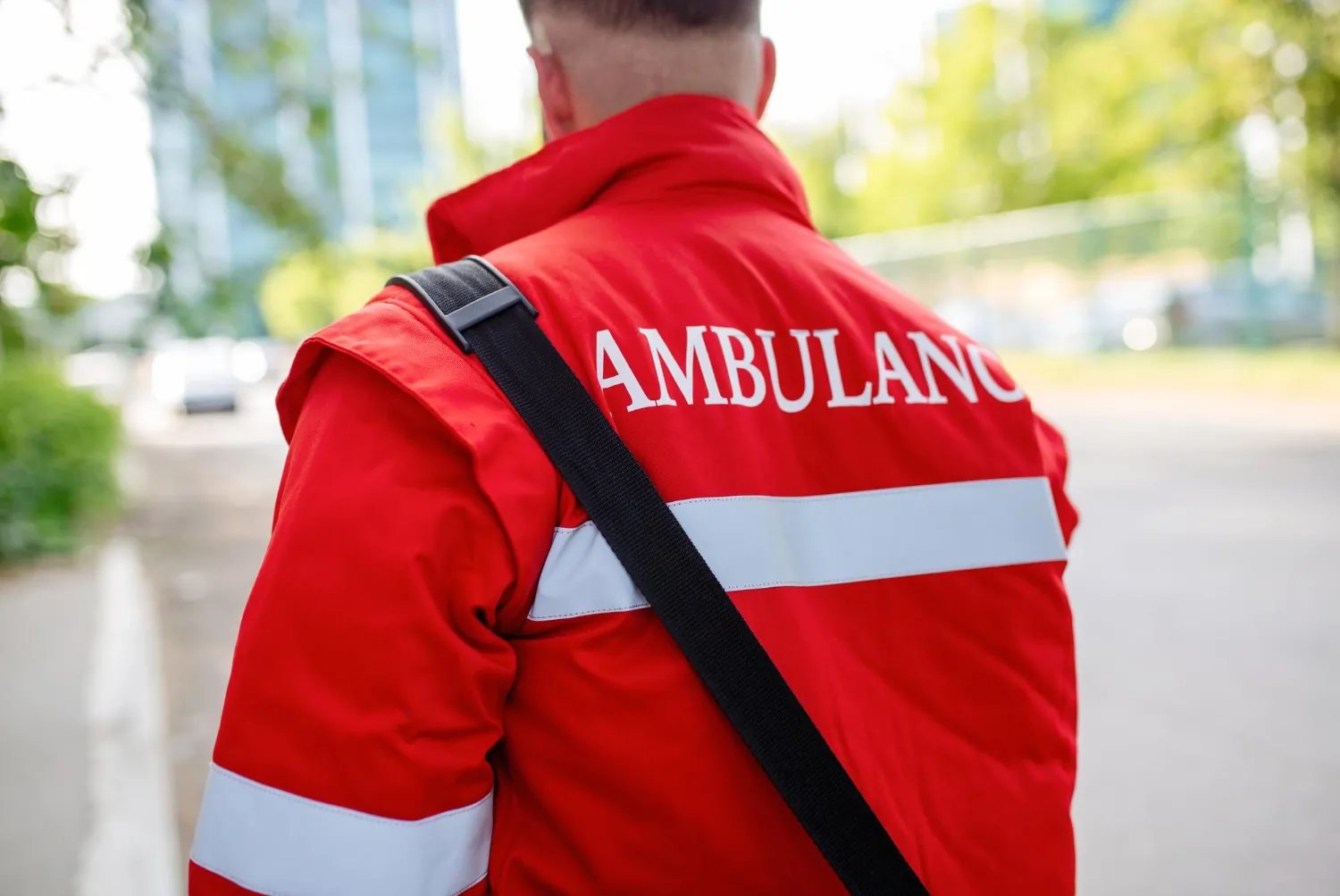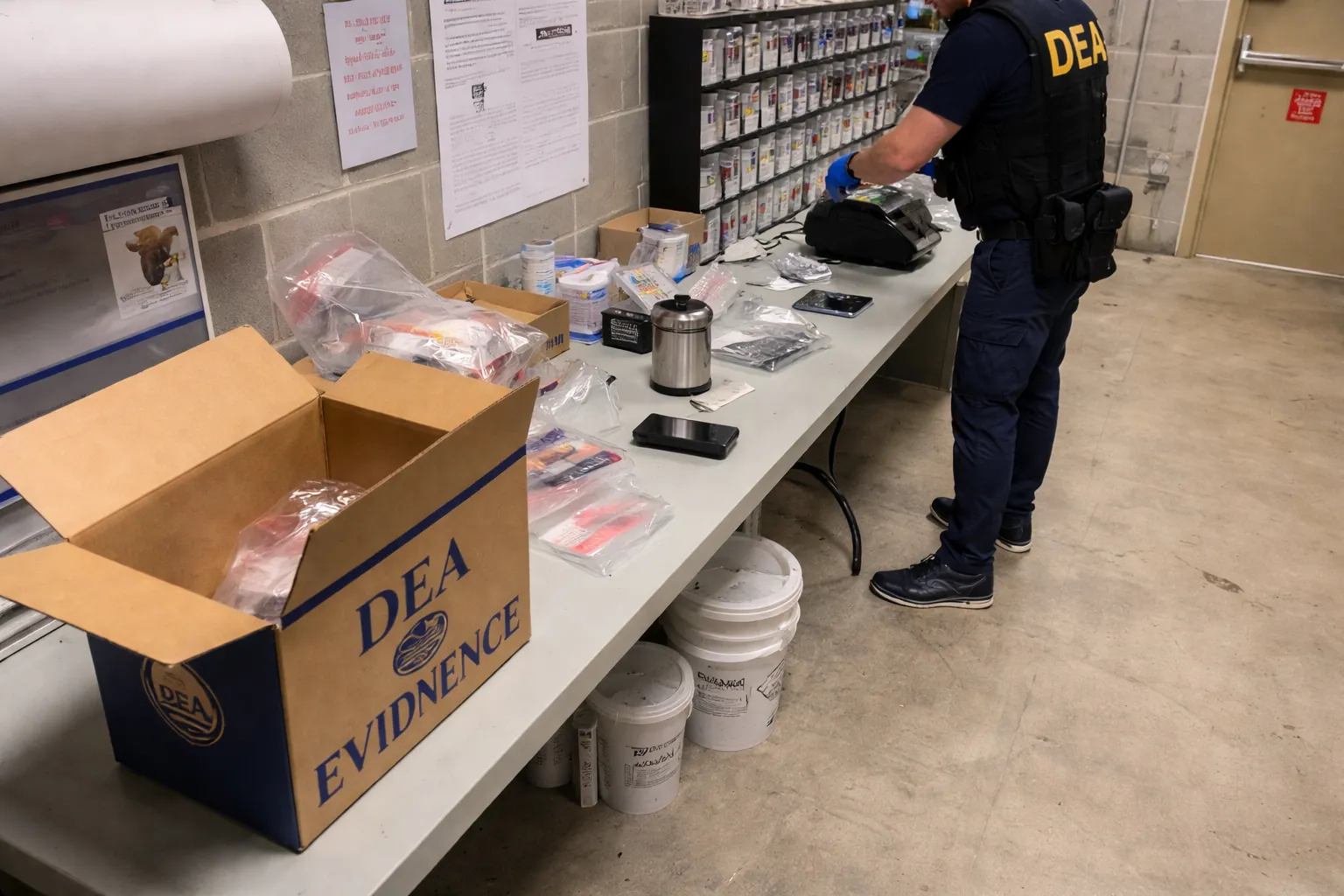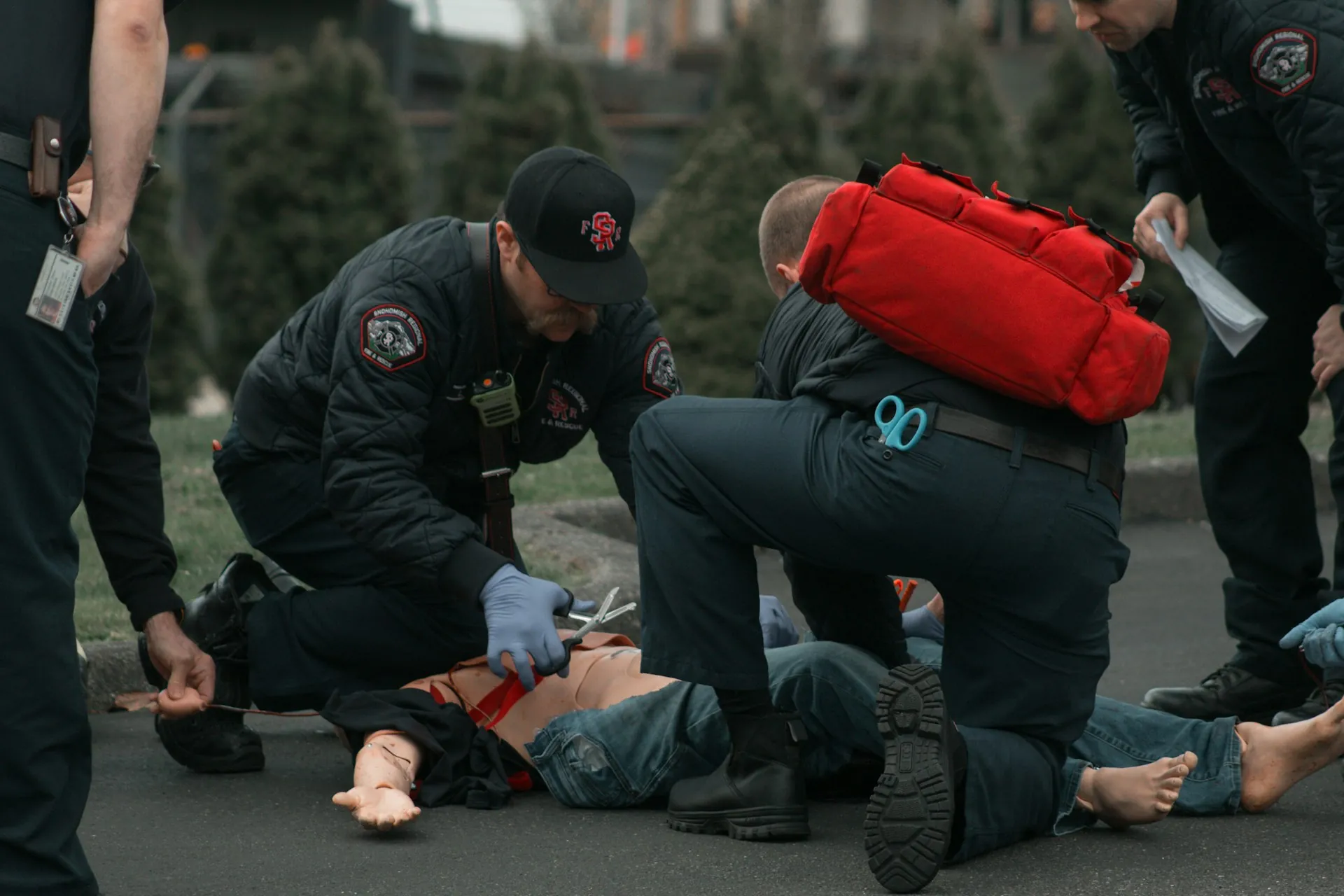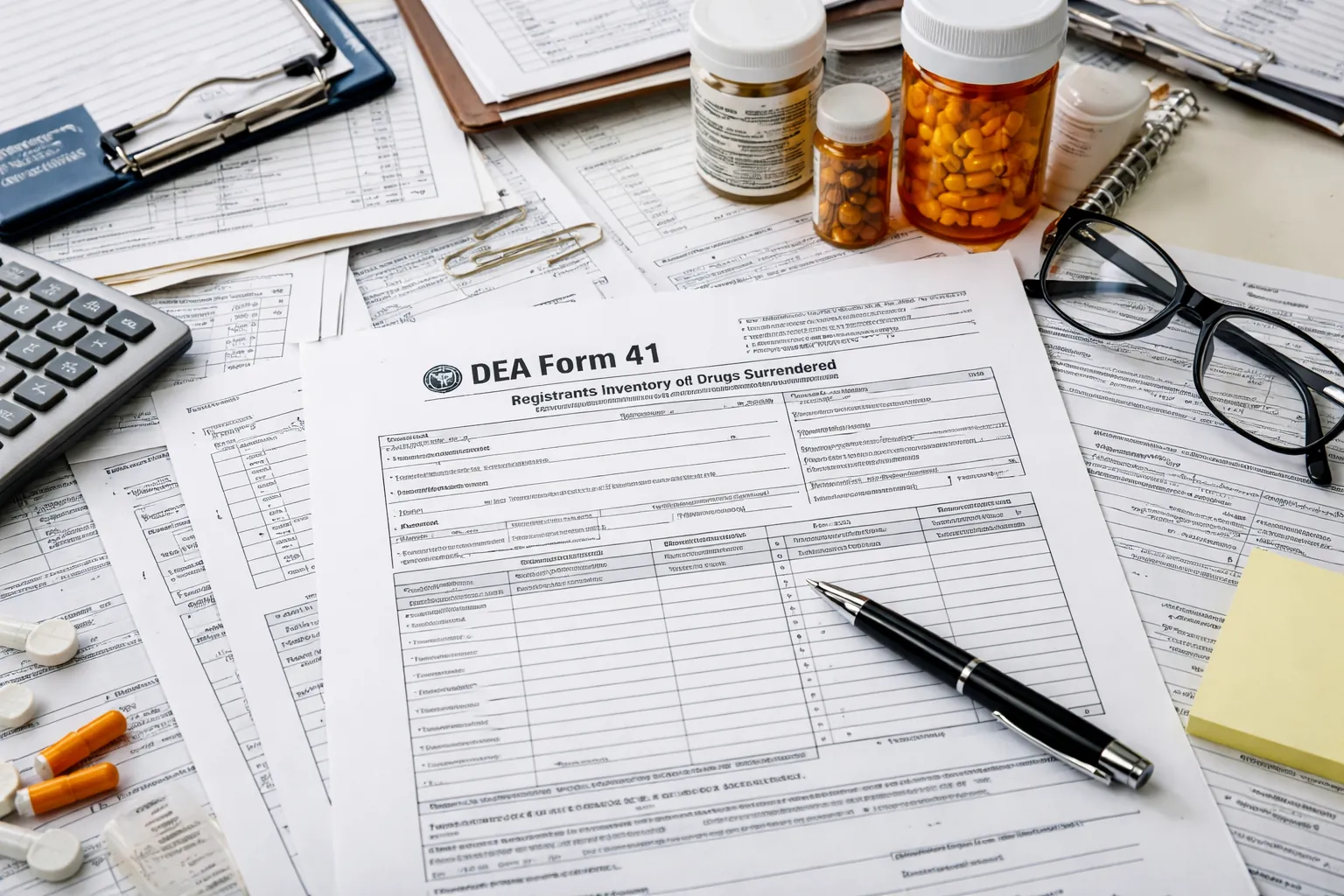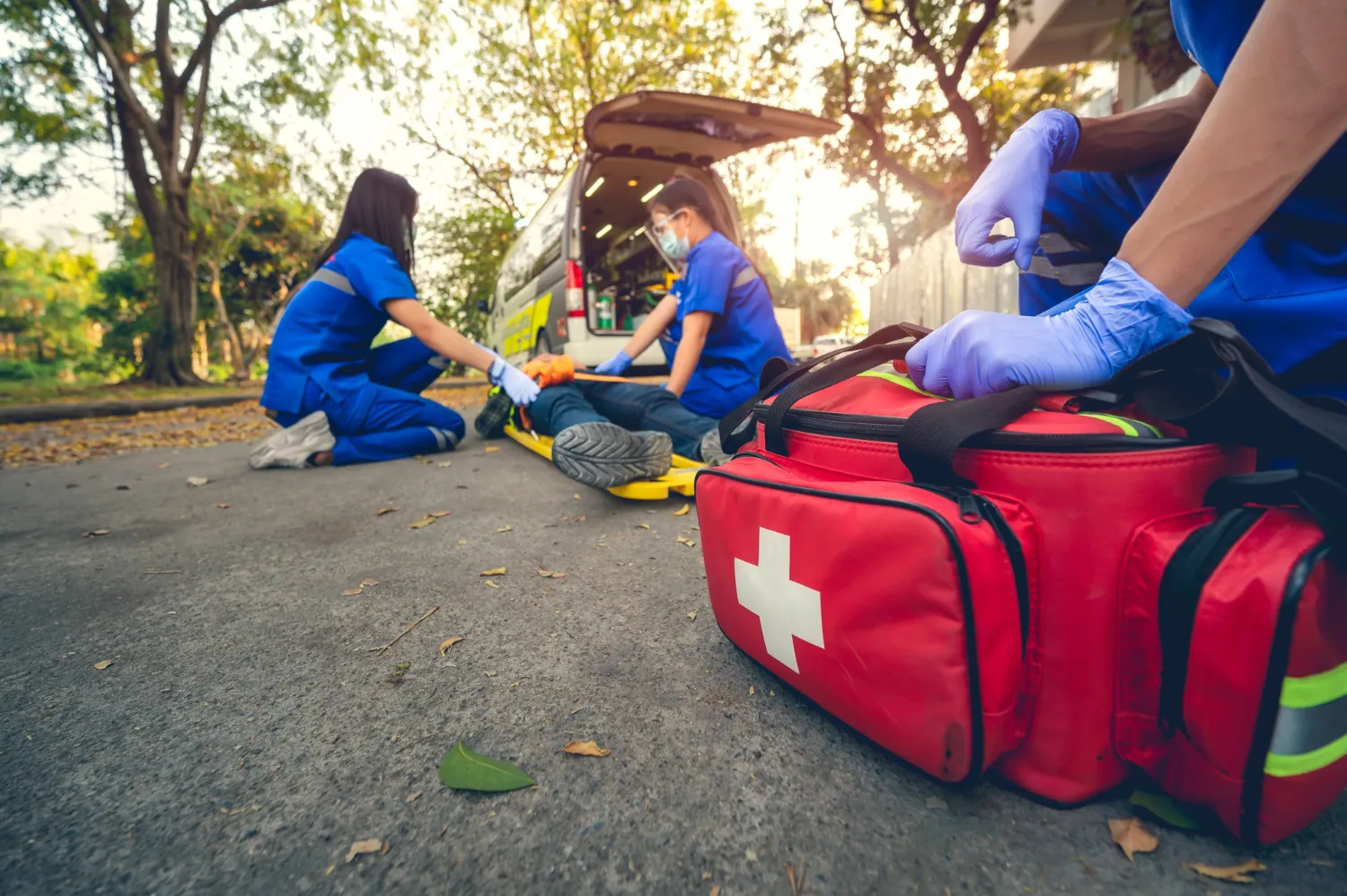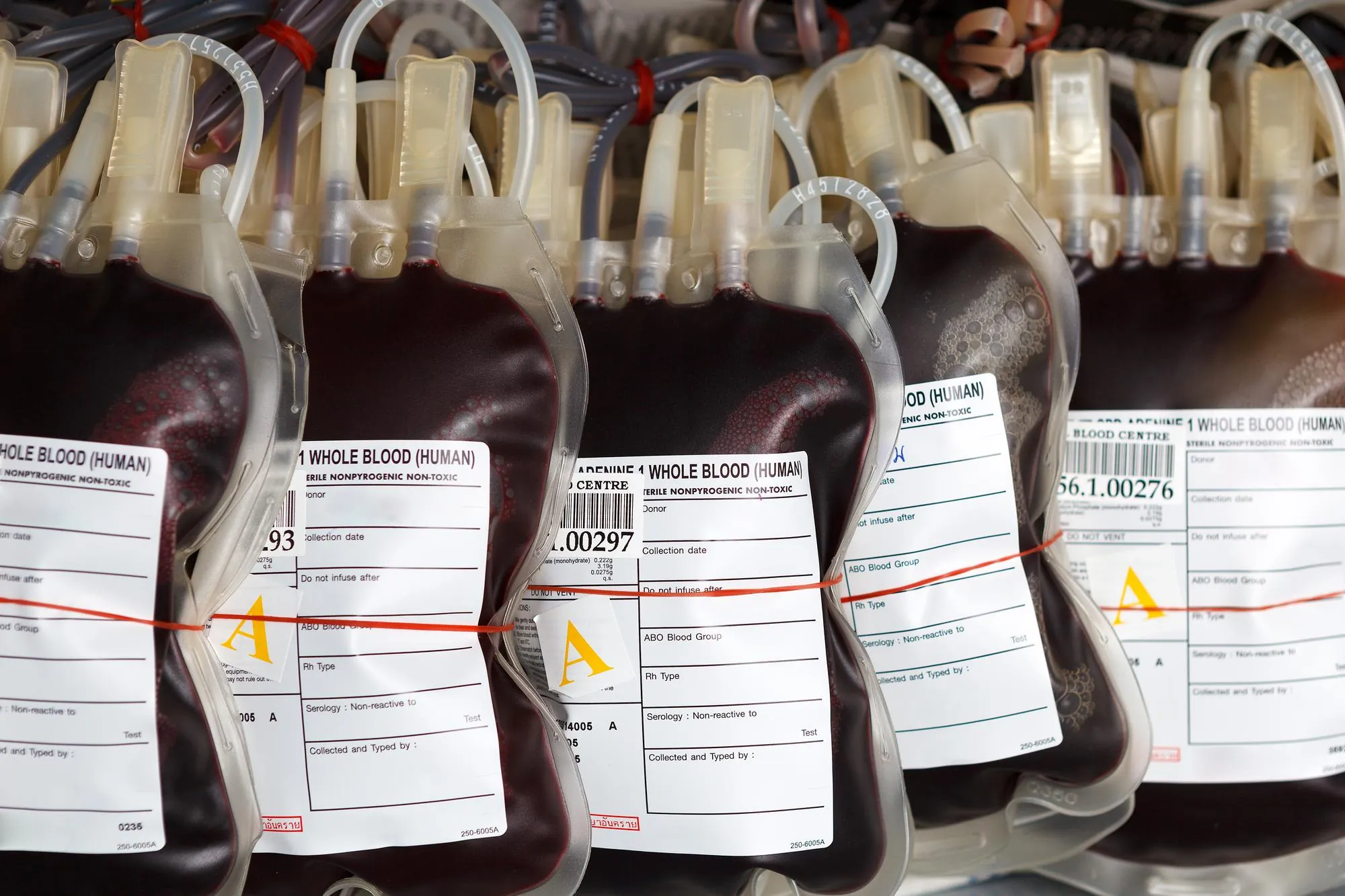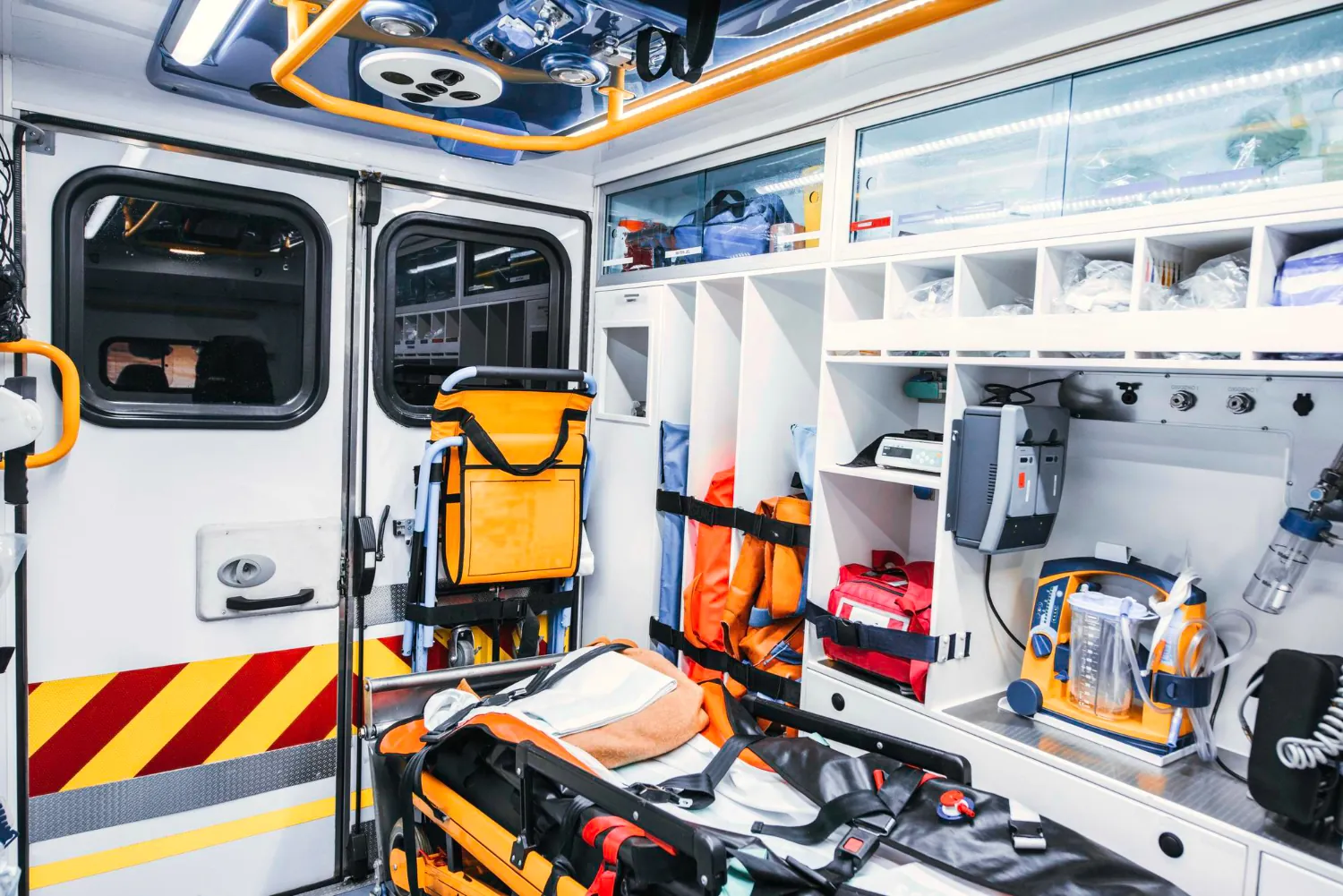Narcotics Management is a Team Effort: 5 Ways to Get Your Crew to Embrace New Technology
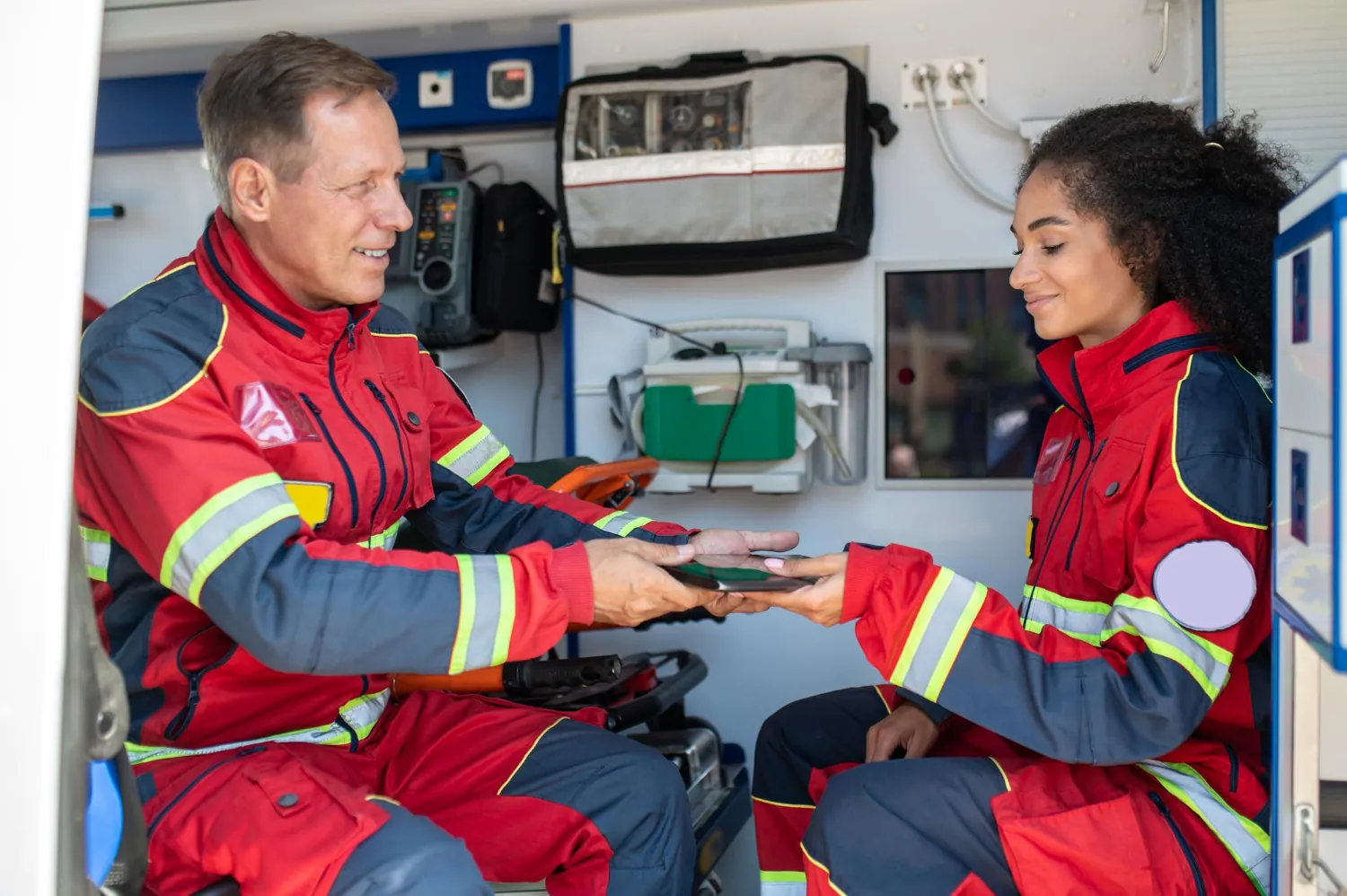
It's a tale as old as time. People resist change, especially when it includes technology and learning new processes. So, when you introduce a new way of tracking controlled substances, you're bound to get some pushback.
Even when a new way of operating is a significant upgrade and an obvious improvement, it can be a management challenge. Here are 5 practical management tips to get your crew to embrace new technology. After all, narcotics management is a team effort. People's lives literally depend on it.
Acceptance and Compliance Starts at the Top
We're all occasionally guilty of avoiding paperwork and taking a shortcut now and again. But when handling controlled substances, any shortcut can be costly (and yes, even deadly). The old-school method of narcotics tracking involved paper, pens, and trying to piece together what happened at the end of a shift.
But narcotics management the "old way," led to many problems. First of all, meeting the DEA requirements for tracking, reporting, and compliance creates a massive headache if you and your team haven't kept up with due diligence.
There's always the risk of diversion and concerns that substances could run low or expire, unbeknownst to your team. As a responder, you need to know what you have on hand, where it is, and when you need to order more. The same goes for veterinarians, wildlife professionals, law enforcement, and EMS air transport providers. Anyone who handles narcotics as part of their job needs to have the right medication at the ready.
The other concern is that failure to meet tracking and reporting requirements could cost your job. It may result in substantial fines (up to $14,500 per violation), loss of licensure, and in the cases of diversion, even severe legal consequences. Protect your team and practice from the worst by implementing practical solutions like LogRx.
How to Get Your Team On-Board with Narcotics Tracking Software
If you embrace simple, user-friendly technology, your team will also see the benefits. But even if you meet some resistance, here's how to motivate your team to get on board with narcotics management.
1. Make Tracking Controlled Substances a Priority
Members of your organization will only take company policies as seriously as you do. Everyone should recognize it as the highest priority when there's a task as important as tracking controlled substances-a practice that can prevent hefty fines and the revocation of your license to carry narcotics. Punctuate the importance with regular training and procedural review.
When you find an error, a mistake, or complacency, address the issue immediately. It's crucial that you take all measures to fix the situation and bring your staff up to standards. Just like deviating from any policy, failing to address the matter sends a message to your team members that tracking isn't that important. Once you allow people to ignore or violate a policy, it becomes simply a guideline.
The buck stops with you. If you brush over the problem, how can you expect your staff to not do the same? You're essentially condoning the mistake, behavior, or error. Remember that how you handle issues and prioritize policy importance will set the bar for everyone in the organization. So make it the highest priority right away, and stick to it!
2. "Own" the Purpose of the Policies
Own the purpose of the tracking policies, regardless of where they originate. It shouldn't matter if they're your organization's own internal policies, state and federal laws, or DEA regulations. You can draft the best policy in the world, but if you simply send it out in an email and tell people it's now in effect, you'll end up with a broad variation in implementation, adoption, and attention to detail.
To effectively implement a new policy, you need to offer supporting training and convey a sense of ownership from the leadership on down. This means going out and working alongside your staff on implementing the policy and reinforcing the rationale of "why" it's essential.
Take, for example, a new policy that management rolls out to field staff, saying, "We're changing the policy because there are new laws in place we must comply with." Members don't hear any real value for them in the change, assuming it's a bureaucratic issue.
Consider instead an "us-based" approach, where management explains to team members, "We've updated the policy because there were some gaps. This new update provides better legal protection for all of us and helps ensure that our field practices have less room for error."
The latter approach tells members why it's important and the results of following the new policy. Show your team that you care and tell them why the policy is vital for everyone-own it!
3. Take a Hands-On Approach
Everyone in management knows that there's a lot on any manager's plate. We often get tied up in our office work and meetings. Days go by, and we might feel like we don't have time to oversee policies. But it's critical to get in the field with your folks and see how those new policies and procedures work for boots on the ground.
Ask for your team's feedback on how the practices are working-even if you've vetted the new technology and policies or outlined the practices yourself. You might be confident that the policies are solid, but management must show staff they want and value their input.
As generations progress, we need to adjust our leadership styles to meet their learning and behavioral needs. Modern generations want to be heard and feel like their input is valued-as it should be. Listening respectfully and getting hands-on in your leadership will convey the message that they matter.
So get out in the field and show your fellow team members that you are interested in how the policy works in the real world. Tell them you want their input, which will help you gain their buy-in.
4. Always Strive to Improve
It's vital that we continue to strive to improve and not fall into complacency; this is an essential rule in life and management. Once a policy is in place, it doesn't mean you "set it and forget it." Don't just throw the policy in a binder and check off the box on your to-do list.
Policies need constant review to ensure that they align with your organization's best practices and the laws that affect your job. Assess and reassess if they're still the best fit for your agency's operations.
Industries that store, transport, administer, and dispose of controlled substances are dynamic in nature. That means your practices are going to be dynamic. Your policies, training, and general attitudes also need to be dynamic. The only thing consistent in the world of medicine is change.
Stay up-to-date on the latest research, practices, industry standards, and technology to keep your team and your organization at the forefront of customer service. After all, even in EMS and other medical fields, we're still ultimately taking care of customers, and their satisfaction and positive outcomes are crucial to our success.
5. Stay in Touch with Peers
Your network is crucial to your success, regardless of your field. Therefore, staying in touch with peers in other organizations and advocacy groups in your industry is vital.
It's all too easy to get caught up in the operations, politics, and internal dynamics of our own organizations. This gives us a siloed perspective and isolates us from other industry practices outside our own. Don't get caught in an echo chamber.
Get out and talk to other peers who hold your position with other organizations to see how they're doing business. Ask them for copies of their controlled substance policies to compare. If they're implementing new policies and going down the same path you're taking, ask them how it worked.
The point of networking is to be an ambassador for your organization. Seek out best practices and identify what works and what doesn't-learn from other's mistakes. Yes, it seems like it requires a lot of effort, and it does require a little, but you'll discover that as you branch out and talk with your peers, they've likely faced the same challenges.
Talking to others in your field gives you a chance to discuss the obstacles and challenges in a safe environment without judgment (especially if that's a concern internally). Other great resources are advocacy groups and associations-whether you find them through regional meetings, conferences, or publications. These resources can provide you with up-to-date research and case studies. They can help you stay up on breakthroughs in science and technology that can help you develop and improve your organization's practices even further!
LogRx Makes Narcotics Tracking Simple
If you're ready to shore up your narcotics tracking policies, LogRx offers a seamless solution for your team. Our controlled substance tracking software allows you to log and track the use of narcotics in real-time.
For your team, LogRx turns their handheld devices into scanners. With a quick click, they can log the use of any scheduled (or non-scheduled) drugs in the field, and record the amount used and the remaining quantities. LogRx helps eliminate the hassles of paper tracking and makes it simple and easy to comply with reporting policies. LogRx makes field personnel's job easier and more efficient.
For administrators, the LogRx admin portal dashboard provides a complete overview of what's being used, where, and how. Reporting is simple, and you'll move forward with confidence that your organization is DEA-compliant and meeting all state and local reporting regulations.
LogRx is an affordable solution with no extra equipment to purchase or extensive training required. In addition, the interface is user-friendly and easy to navigate-an excellent solution for getting your team on board with use. LogRx reduces staff time, increases efficiencies, and improves accuracy in accountability; in essence, providing you with another person to do your inventory management.
To find out how LogRx can be an ideal solution for your organization, reach out today!
Categories
Recent Posts
- LogRx and Knox: How LogRx Integrates with EMS Medication Lockboxes
- Connecting Community and EMS: 7 EMS Community Outreach Ideas
- Projecting Professionalism: Why EMS Uniforms Matter
- EMT Off-Duty Response: What You Should Carry Everywhere
- Basic EMT Trauma Assessment Scenarios: Gearing Up for Certification
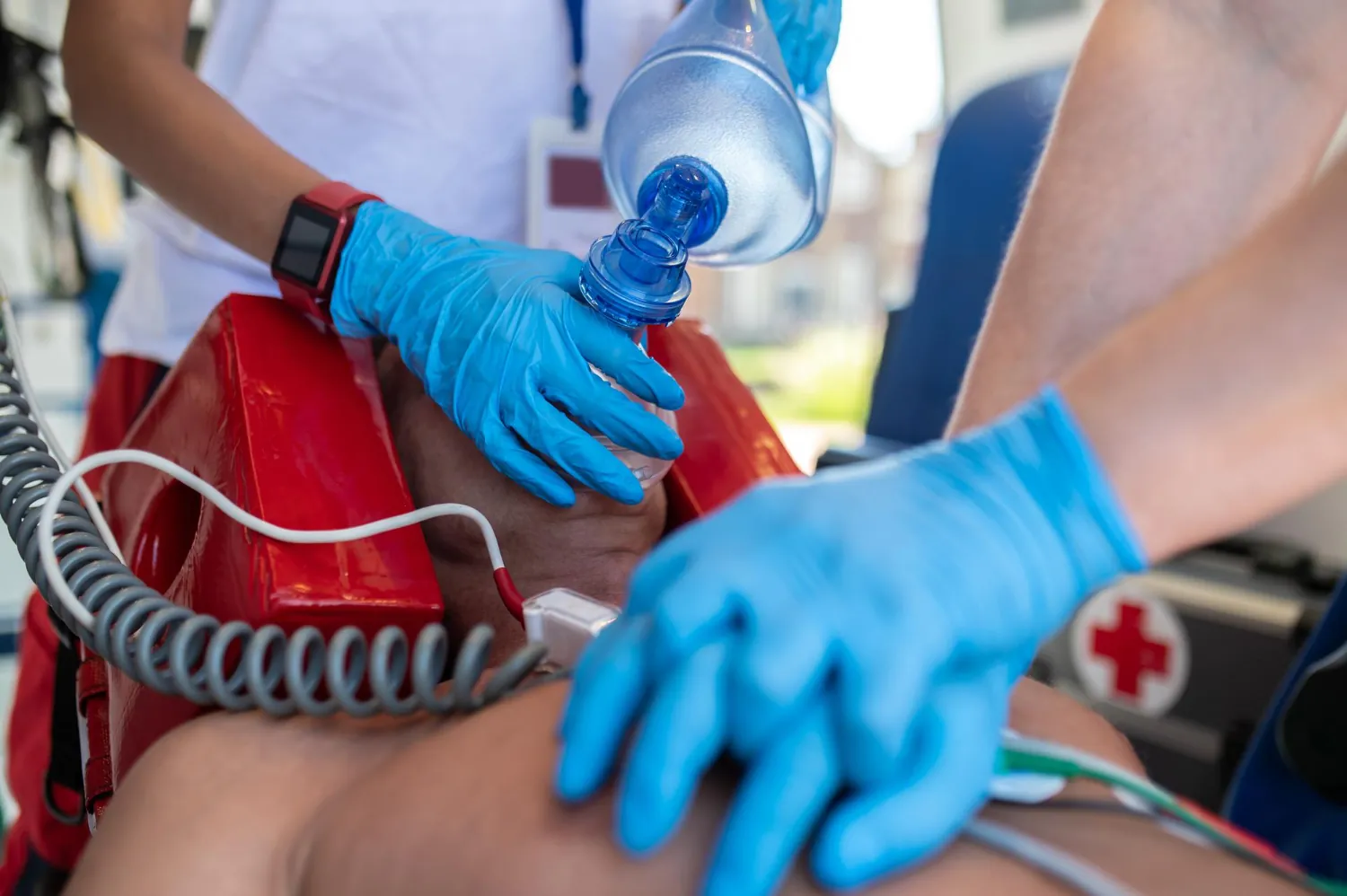
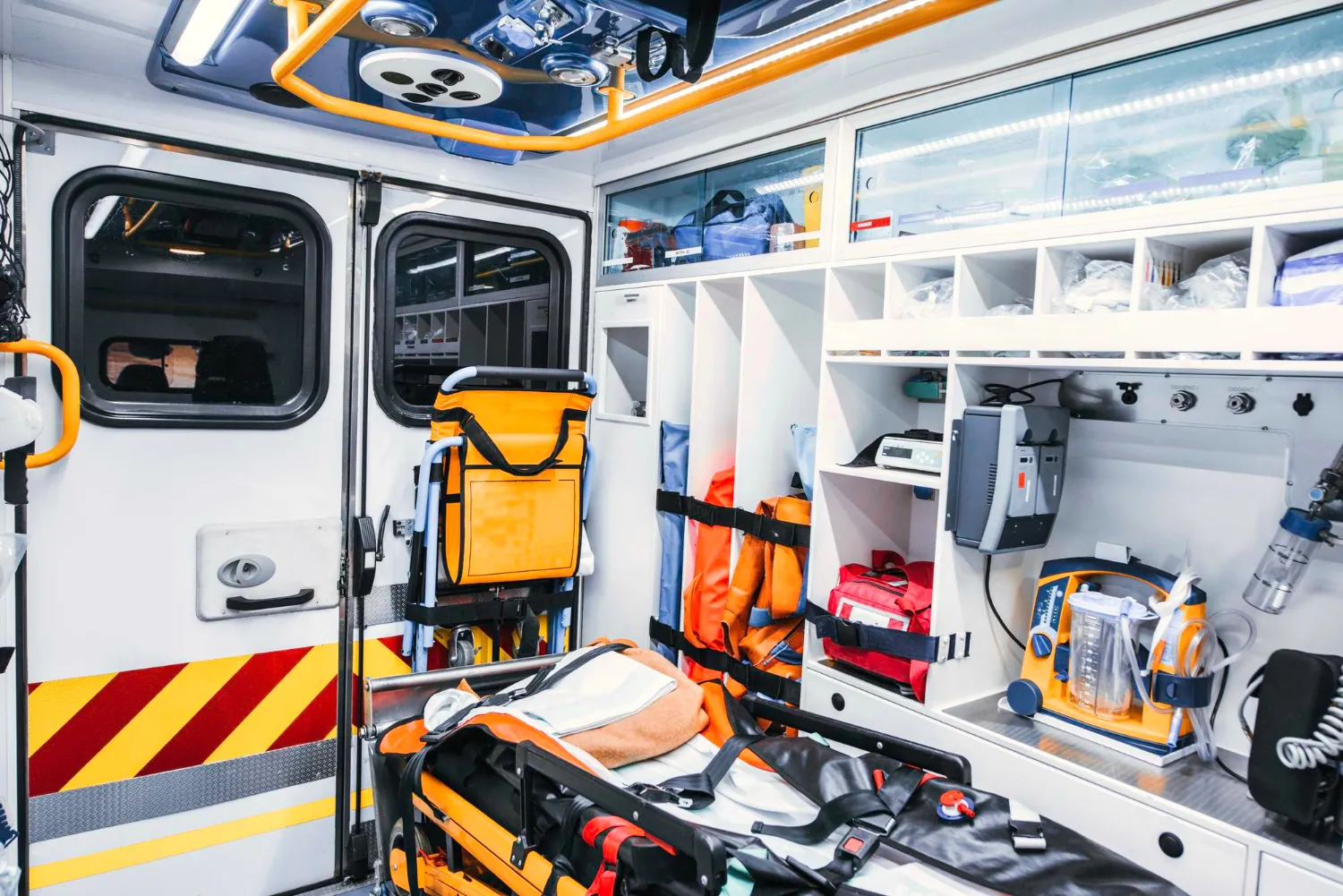


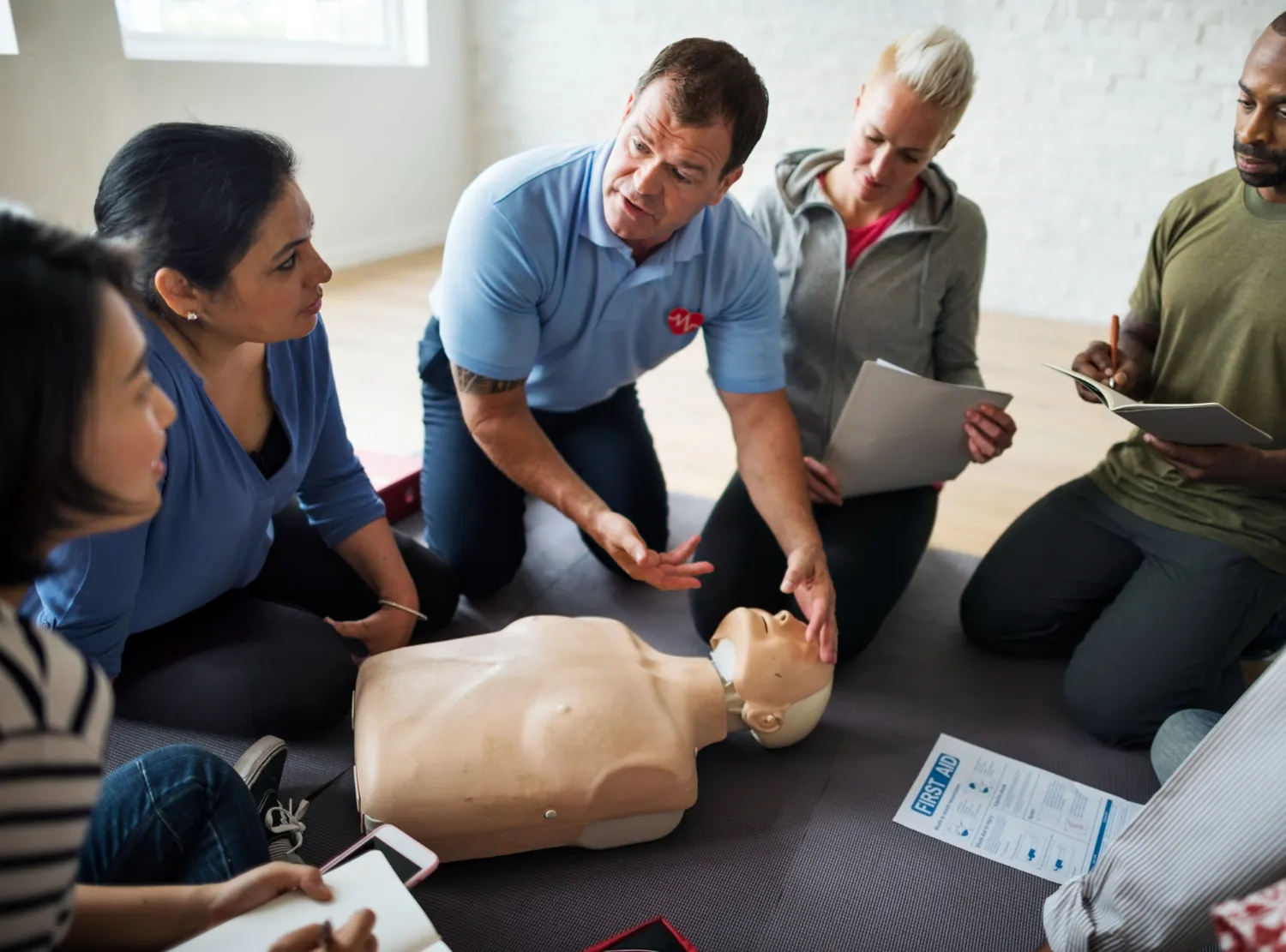


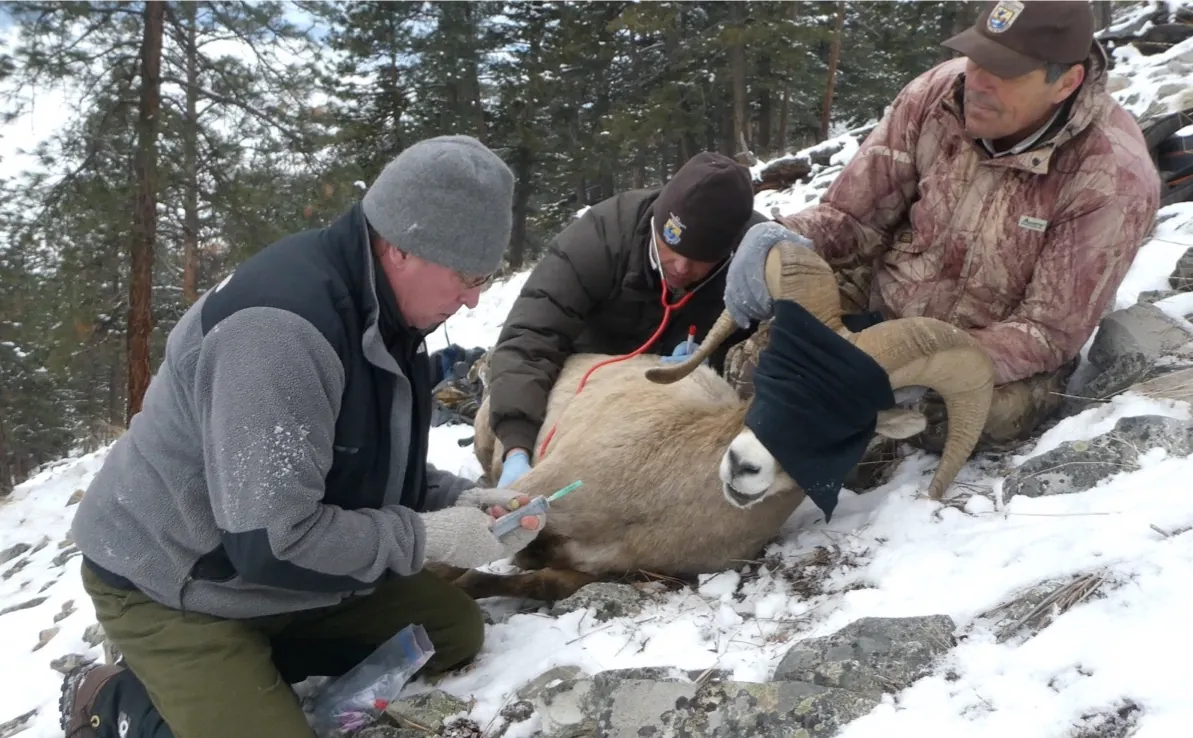

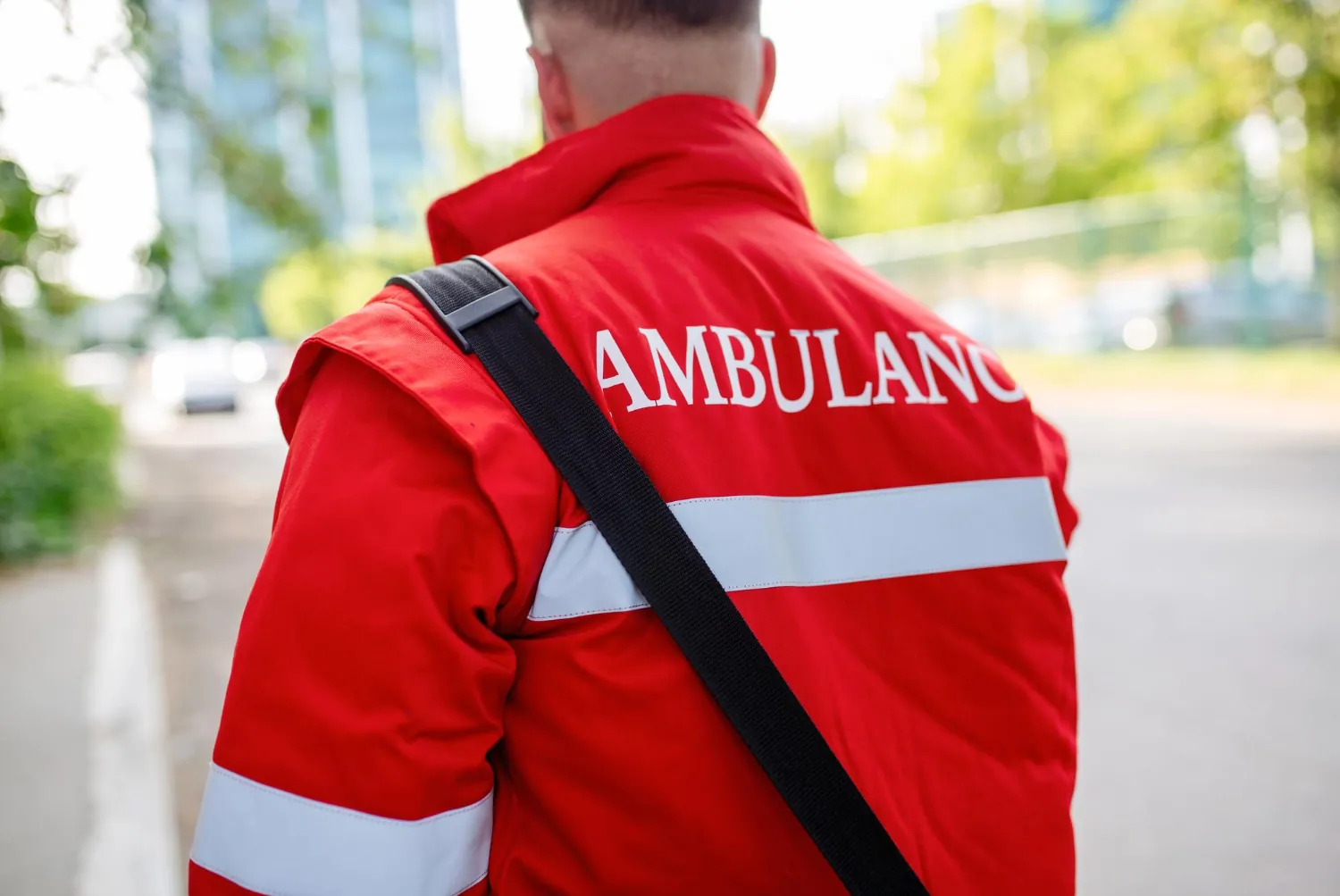

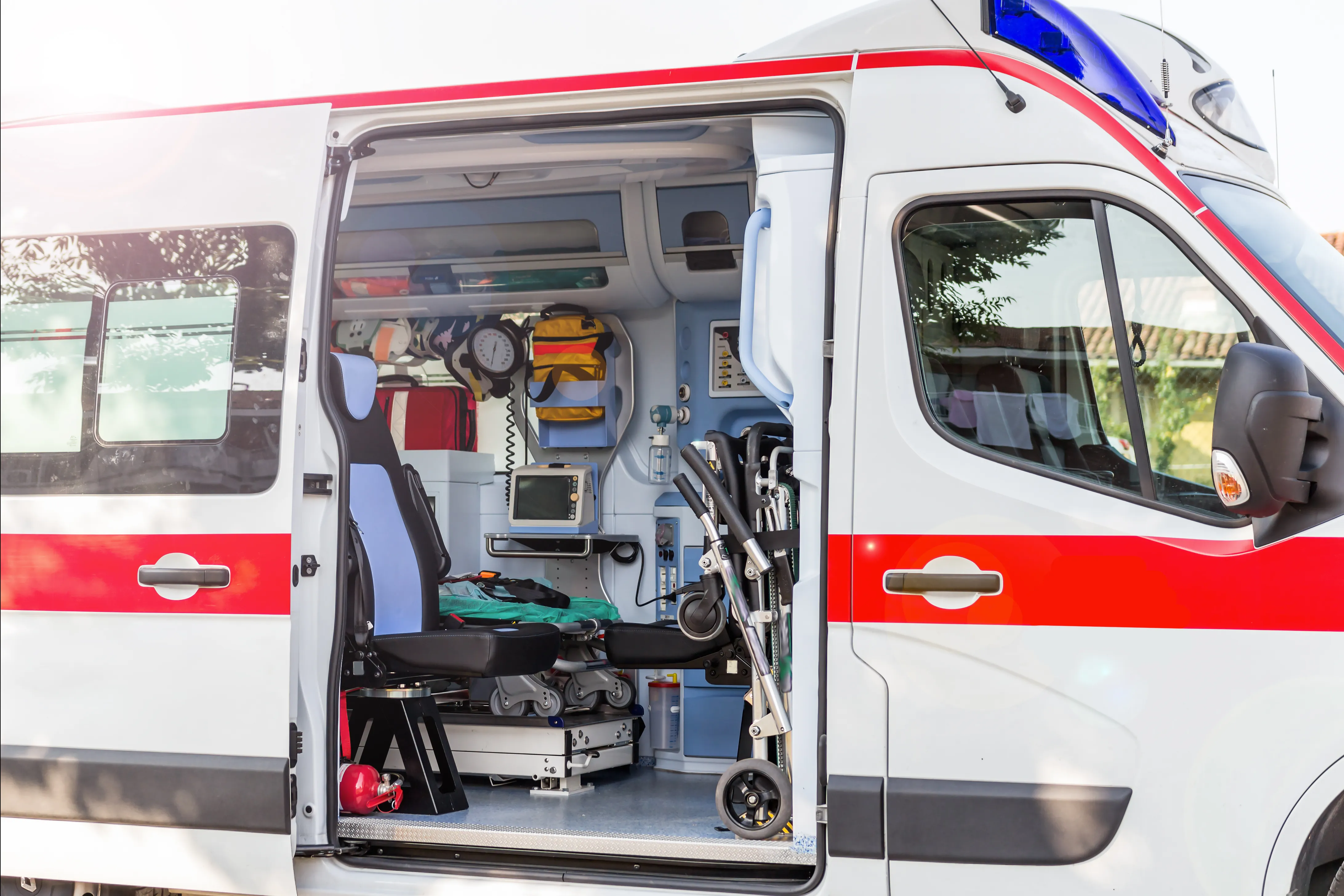


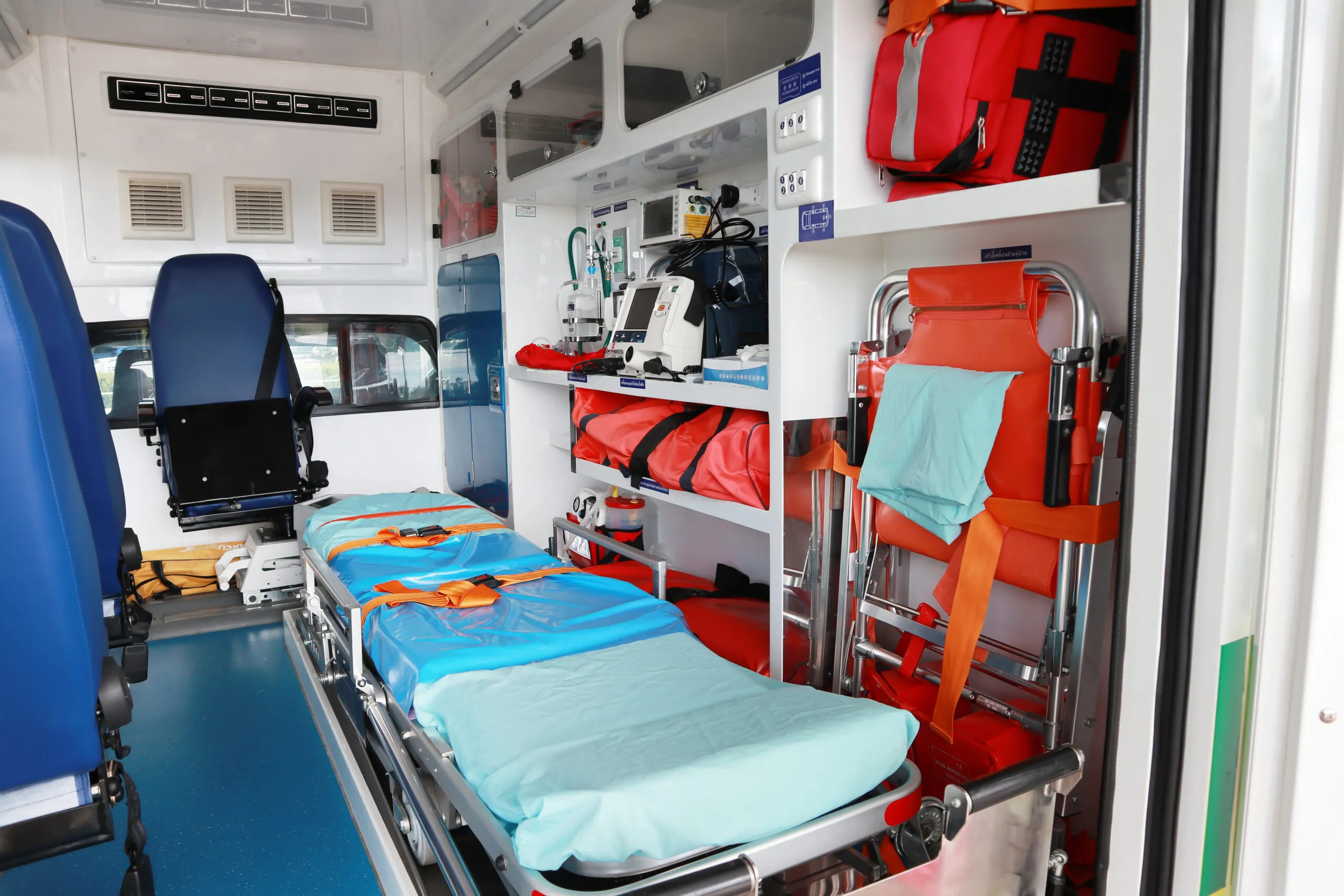


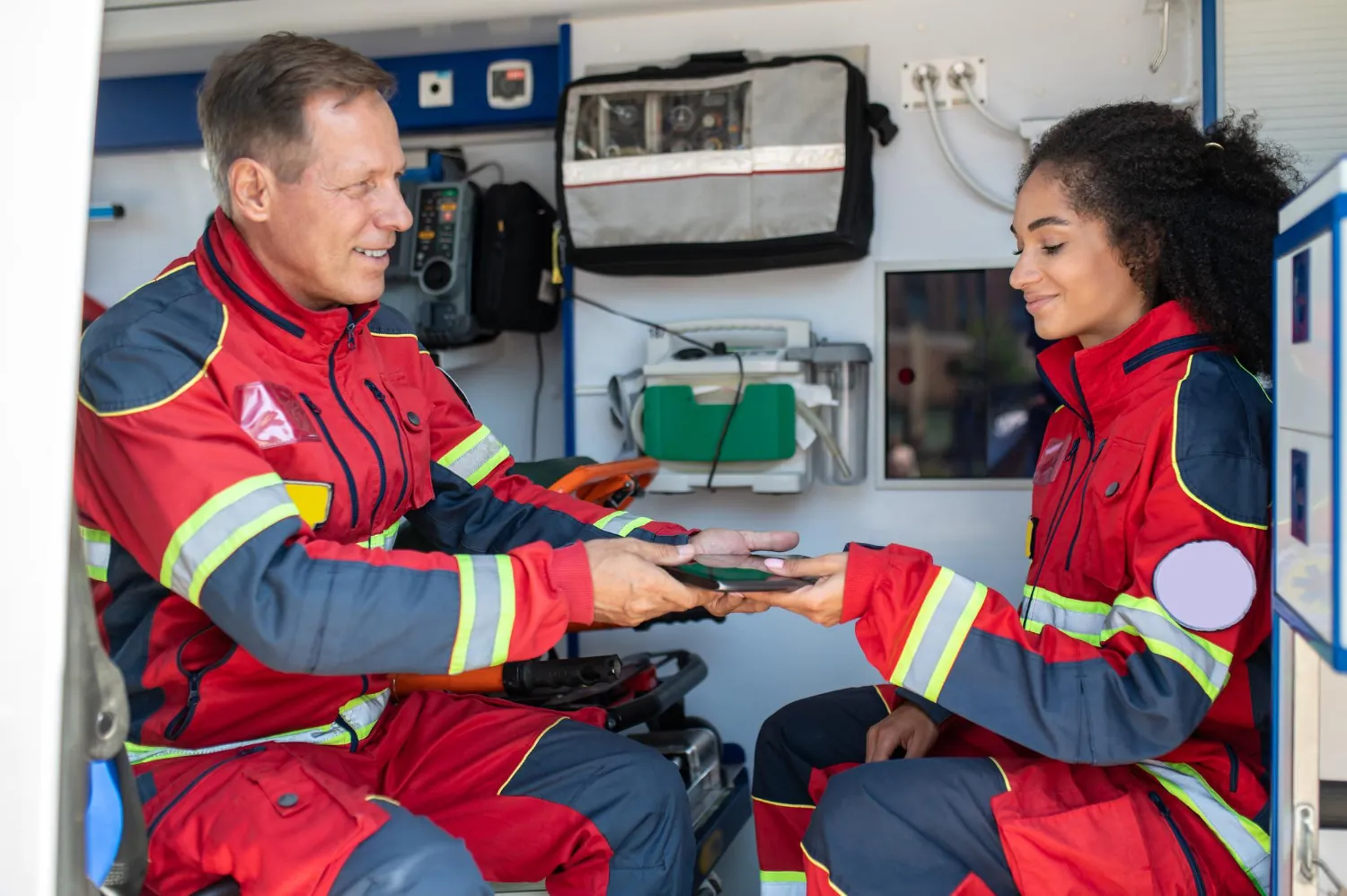


.webp?t=1771620461097)
